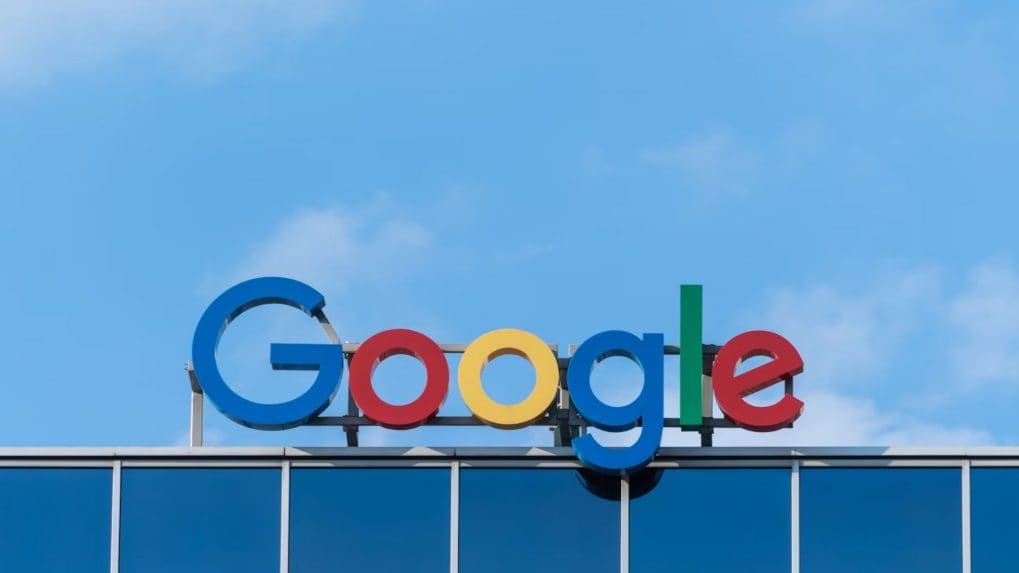Digital
Why OpenAI is hiring 100 ex-bankers: Inside the ChatGPT-maker's secret project to automate Wall Street's grunt work

The Supreme Court has agreed to hear appeals filed by Google, the Competition Commission of India (CCI), and the Alliance Digital India Foundation (ADIF) against a ruling by the National Company Law Appellate Tribunal (NCLAT) in the high-profile case concerning Google’s Play Store billing practices. The matter, according to a report by Bar and Bench, has been listed for hearing in November before a bench comprising Justices P.S. Narasimha and A.S. Chandurkar.
The dispute originates from a CCI investigation launched in November 2020 into Google’s billing policies on its Play Store. The probe examined allegations that the U.S.-based tech giant abused its dominant market position by imposing the mandatory use of the Google Play Billing System (GPBS) for in-app transactions while exempting its own services — including YouTube — from similar commission structures.
In October 2022, the CCI concluded that Google had indeed engaged in anti-competitive conduct, particularly by promoting its own payments platform, Google Pay, and restricting third-party billing options. Citing violations under the Competition Act, the regulator imposed a fine of ₹936.44 crore and ordered the company to halt such practices, introduce third-party billing alternatives, and improve data transparency.
Google challenged the decision before the NCLAT. On March 28, the appellate tribunal upheld several of the CCI’s key findings, notably that Google had leveraged its dominance in two relevant markets — licensable smartphone operating systems and Android app distribution — to promote Google Pay. This was deemed a breach of Section 4(2)(e) of the Competition Act, which prohibits using dominance in one market to influence another.
However, the NCLAT overturned other aspects of the CCI’s order, including findings related to denial of market access and restriction of innovation. The tribunal observed that Google’s billing system accounted for less than 1% of all Unified Payments Interface (UPI) transactions and concluded there was insufficient evidence of foreclosure or technological hindrance.
The appellate body also revised the penalty, noting that the CCI had wrongly calculated the fine on Google’s global turnover. The revised computation, based solely on Play Store-related revenue, reduced the amount from ₹936.44 crore to ₹216.69 crore.
In a subsequent development on May 1, the NCLAT reinstated two previously struck-down directives — requiring Google to disclose its data usage policies and prohibiting it from exploiting billing data for competitive advantage. Google’s challenge to this move, arguing that it amounted to a review of its own order, was rejected by the tribunal. The tech major has since taken the matter to the Supreme Court, resulting in the current set of appeals from all sides.
In a wide-ranging interview with Storyboard18, Sorrell delivers his frankest assessment yet of how the deal will redefine creativity, media, and talent across markets.